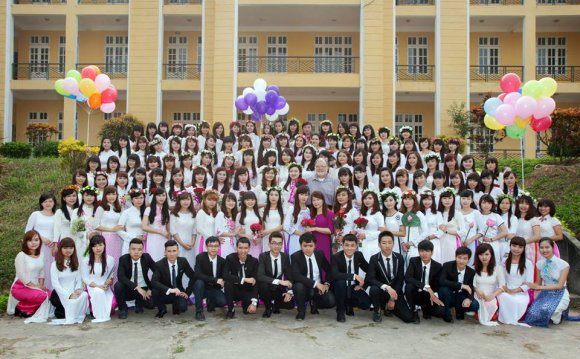
 Rodrigo Chan Seng Chon, Stephanie Bickerstaff, William Janse van Rensburg, Naser Hawsah,
Rodrigo Chan Seng Chon, Stephanie Bickerstaff, William Janse van Rensburg, Naser Hawsah,
Radu-Christian Enache and Ryan Harrison using their residence ventilation system using an easy
PVC pipe suited to the roof
Daniel Burgess aided by the ‘Anytime Rocket Stove’
Pamitha Wijesundera with an electrical energy
generating system utilizing a bike wheel
The efficient “Anytime Rocket Stove” is the development of one of 16 teams of manufacturing students at Massey University’s Albany university enrolled in a project-based paper discover lasting solutions the real deal globe problems.
The programme views 90 students from Albany university and much more than 100 within Manawatu campus getting involved in the designers Without Borders Challenge. It is run by designers Without Borders (EWB) Australian Continent, a part of a global organisation that really works on grassroots manufacturing programmes for renewable development for disadvantaged communities all over the world.
 The challenge was designed to offer first-year students the chance to work in teams to build up conceptual styles for jobs identified by their neighborhood partners. This present year, the organization features accompanied causes with environment for Humanity Vietnam to do business with students on building innovative solutions towards renewable development of the Anh Minh region inside the Kien Giang province on Mekong Delta at south tip of Vietnam.
The challenge was designed to offer first-year students the chance to work in teams to build up conceptual styles for jobs identified by their neighborhood partners. This present year, the organization features accompanied causes with environment for Humanity Vietnam to do business with students on building innovative solutions towards renewable development of the Anh Minh region inside the Kien Giang province on Mekong Delta at south tip of Vietnam.
Other jobs designed by students on class of Engineering and Advanced Technology at Albany include a renewable roofing and liquid filtration system utilizing bamboo; a combined sandstone and solar water filter system; an affordable water pump using a one-way valve; property ventilation system utilizing PVC piping attached to the roofing; and a straightforward wind-generated residence electricity utilizing mini-turbines produced from recycled plastic.
Senior lecturer Dr Aruna Shekar, which convenes the paper, states the project-based strategy has given pupils included motivation investigating ideas linked to real life situations, with the opportunity to really make a difference to people’s life through their work.
“The students have a proper buzz from working together and mastering from both, ” she states. “Most importantly, they get the connection with employed in a team with other disciplines. We've students performing mechatronics, item development, food technology, electronic devices and process chemical manufacturing all working together. This provides all of them a feeling of what it’s like if they enter the work force.”
She and other engineering lecturers considered the tasks at the end of the semester, choosing the most truly effective three, which is posted to Engineers Without Borders Australian Continent for last judging.
The most notable three tasks are a solar power cooking system; a bamboo roofing and rainwater collection system; and a novel method for cassava leaves processing.
The vision behind the task is for the Mekong Delta to-be someplace in which every household has access to safe housing, clean liquid, better cooking, lighting and washing facilities.
In developing their concepts, pupils must fulfil a selection of objectives including; answering a current or projected future need; installing within the constraints associated with the environment; showing an obvious research-based decision making procedure; and showing the way they used appropriate engineering concepts while using environmentally friendly materials.
YOU MIGHT ALSO LIKE











